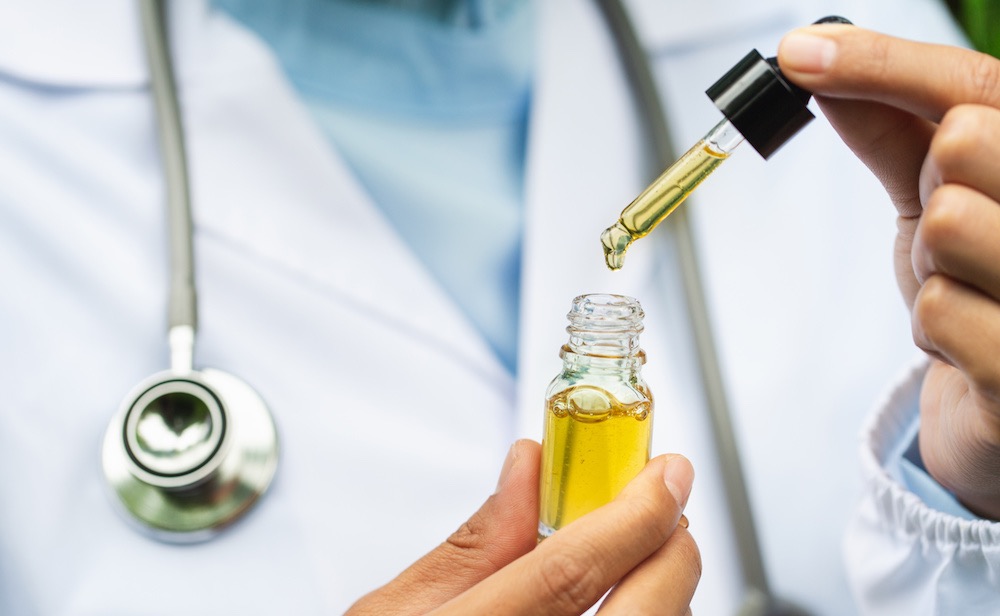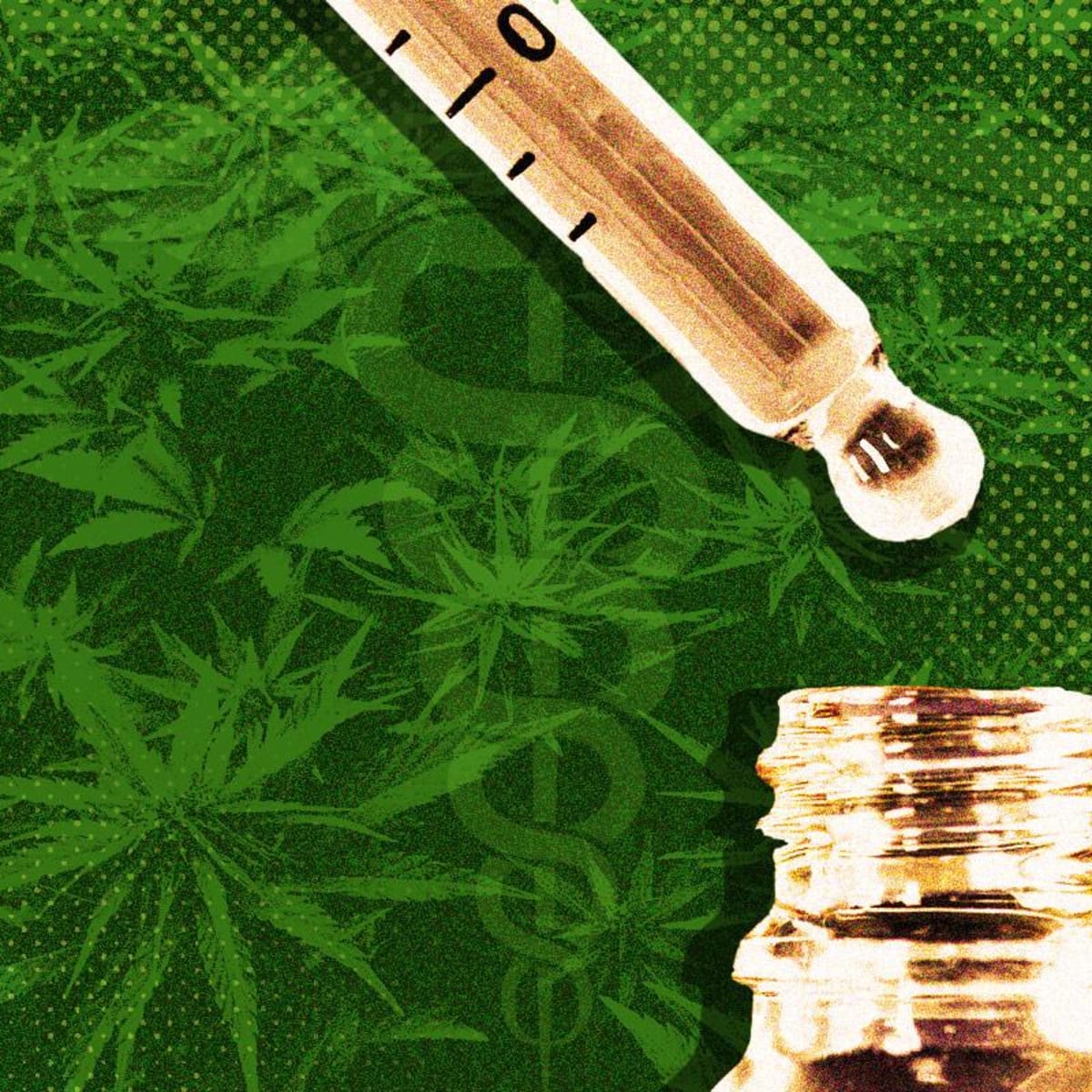
The best brand of hemp oil is essential if you are looking to promote hair growth with hemp oil. Exhale Wellness has some of the most trusted brands, including R+Co, Royal CBD and CBDPure. Each one has its own benefits, so it is important to select the best for you.
CBDPure
CBDPure CBD oil is a full-spectrum, high-quality CBD oil. It's extracted using a CO2 extraction procedure. This process preserves the highest levels of CBD and minimizes THC. The products of the company have a lower THC content than other brands, which makes them an ideal choice for a variety.
CBDPure hemp oil is made from full-spectrum hemp crops. It is one of the strongest CBD products on the marketplace, with 33mg per serving. Although this may seem excessive for some people, experienced users might find it to be sufficient. This hemp oil is also available in convenient soft gel capsules that deliver the desired CBD dose.

Royal CBD
Royal CBD, a Nevada-based premium CBD oil company, aims to be the benchmark for high-quality CBD oils. Their line of products includes full-spectrum CBD oil, THC-free gummies, and two different types of broad-spectrum topicals. To get the best value, you can purchase several bottles or try a free sample. The company's social media presence and money-back guarantee are important.
Be sure to verify the CBD content of any product before you buy it. If you need to verify that the product does not contain any unwanted substances, a company should be able provide third-party lab reports. The company should not make exaggerated claims about CBD oil's benefits, such as hair growth. Cannabidiol has the potential to rejuvenate the scalp and stimulate healthy hair growth. It won't treat skin diseases or fix broken bones.
R+Co
Hemp seed oils are a natural product that protects hair from breakage. It can also help thicken and repair hair. Although these claims have not been confirmed by science, it is possible to do some scientific research. However, hemp oil could be an effective way to achieve thick, shiny hair without having the need for daily hair-care routines.
Hemp seed oil is rich in stearic acids, which are known to provide natural conditioning for the hair. This acid makes hair soft and strong. Hemp seed oil also has the ability to moisturize and cleanse the scalp. Additionally, hemp seed oil may reduce inflammation in the scalp. This ingredient is used in many popular hair care brands like R+Co.

BudPop
BudPop offers a variety of products that can stimulate hair growth. It is natural and effective in stimulating hair growth with hemp-derived Cannabidiol. In addition, the oil is rich in healthy ingredients including coconut oil and natural terpenes.
This brand specializes only in hemp products. They source American-grown Hemp and partner locally with farms to ensure only the finest quality. They promise to refund your money within 30 days if you are not satisfied with their product.
FAQ
Which states use the most CBD?
California, Colorado, Oregon are the three most populous states. These states have high populations, high incomes, low unemployment, and large populations. These states also have higher amounts of hemp farms than other States.
California is the leader because its economy is heavily dependent on agriculture. It is home to a large amount of fruits and vegetables. This makes sense because cannabis is extracted from the same plants as hemp.
Colorado and Oregon follow close behind because they both produce marijuana for medical purposes. California is the only state that allows recreational marijuana use, but these two states are not.
Other states that rank highly includes Washington, New York, Florida, Illinois, Pennsylvania, Mississippi, and Texas.
What are the prospects for the CBD industry in the future?
The future of the CBD industry is bright. It is clear why so many people are getting on board with this industry. With CBD products accounting for over $1Billion in global consumer spending, it is easy to see how the market is growing exponentially.
Statista estimates that worldwide cannabidiol sales will hit $22.4 billion by 2019. That's almost 200% more than in 2018!
A compound annual growth rate (CAGR) of 22.5% is predicted for the CBD market, which will translate into nearly $6.8 Billion in revenue by 2022.
This is good news for both companies that want to enter the CBD market and those who are already in this sector. But, it is important to remember that the CBD industry is still in its infancy. There will be many challenges.
How can companies successfully market CBD products in a regulation-compliant manner?
The FDA does no regulate hemp as a crop commodity. The Controlled Substances Act governs all other cannabis derivatives, such as marijuana. There are currently no regulations regarding CBD.
CBD is legal at state level in 29 US states. Federal law considers it illegal. This uncertainty is a problem for CBD-product sellers.
The FDA also maintains strict guidelines on how CBD products may be marketed. They must disclose the THC content of any CBD products. Companies cannot claim that CBD helps treat certain medical conditions without scientific evidence to support this assertion.
The FDA also requires manufacturers to provide detailed information about their manufacturing processes and quality control measures. They also require companies to conduct clinical trials to prove safety and efficacy.
These are important considerations for companies when creating their marketing strategies.
Statistics
- A recent study [161] also found that in vitro CBD treatment (i.e., ≤ 2 h exposure to 10 μM) induced ~40% vasorelaxation in isolated (pre-constricted) (ncbi.nlm.nih.gov)
- A recent systematic review of human trials also reported that individuals with epilepsy receiving CBD (5–20 mg·kg−1·day−1) were more likely to experience decreased appetite than those receiving placebo (i.e., ~20 vs. 5% of patients) (ncbi.nlm.nih.gov)
- however, one study also found that these effects were virtually abolished when the original media (a nutrient broth agar) was replaced with one containing 5% blood (increasing the minimum concentration to ~160 μM CBD) [179]. (ncbi.nlm.nih.gov)
- The inhibition of FAAH is predicted to lead to an increase in brain and plasma concentrations of AEA, which acts as a partial agonist at CB1R and CB2R, thereby increasing endocannabinoid tone [92, 110]. (ncbi.nlm.nih.gov)
- OralWhere HED is the human equivalent dose, and Km is a correction factor estimated by dividing the average body mass (BM) of the species (60, 0.020, and 0.150 kg for 11 humans, mice, and rats, respectively) and by its surface area (see: Nair et al. (ncbi.nlm.nih.gov)
External Links
How To
How to get certified for selling CBD products
CBD (cannabidiol), a cannabinoid found in cannabis plants, is just one of the many. It has been used medicinally for centuries, even in South American countries like India, China, and China. The ability to treat conditions such anxiety, pains, epilepsy, and inflammation has made CBD products extremely popular in recent times. If you're looking to sell CBD products, however, there isn't an official certification program. At least not in the U.S.
There are two methods to do this. The first way is to join an association of local cannabusiness owners. This allows you to network with other owners and get advice and support. There are currently many associations across the country. There are two options. The first is to open an online business. The majority of states allow cannabusinesses to be online. If so, then you can set up your own website and begin taking orders right away. However, you must still register with your state's Department of Public Health. After you have registered, you can apply for a license from your state's Department of Public Health. Once you have your license, it is legal to open your shop and accept orders.